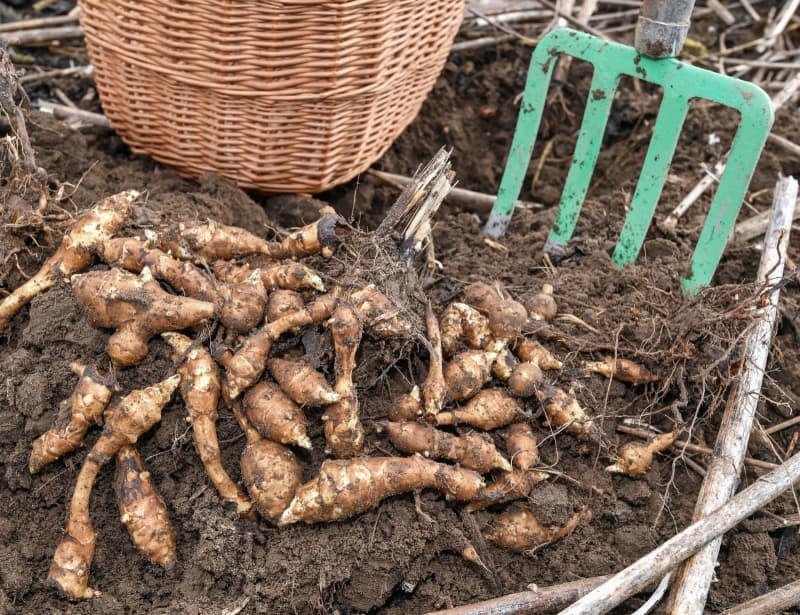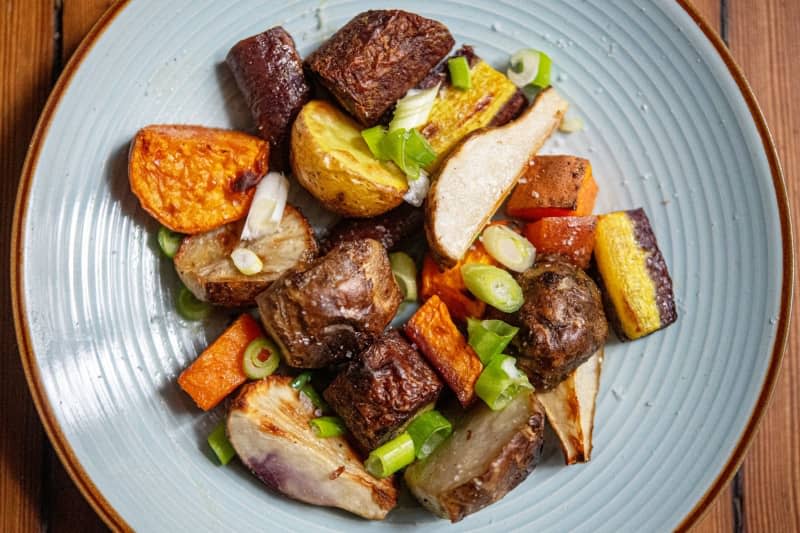How to prepare Jerusalem artichoke, a nutty alternative to potatoes

Tired of all the mashed potatoes over the holidays? Now is the time for sampling some fresh Jerusalem artichoke. From October to March, the plant's yellow tubers resembling potatoes are available in shops or at your local farmer's market.
Despite their name, Jerusalem artichokes are not native to the Middle East but from North America, according to the UK's Royal Horticultural Society. They are also not related to artichokes but part of the sunflower family, the charity explains. The name is believed to be derived from the Italian word for sunflower - girasole.
When buying Jerusalem artichoke, choose tubers that are firm and crunchy, the German Federal Centre for Nutrition (BZfE) recommends.
Jerusalem artichoke will last for up to four weeks when stored in a closed container in the refrigerator. It has a slightly sweet to nutty taste and goes well with a number of dishes. You can use it like you would potatoes and make mash or soup, or roast them in the oven. The tubers are also great for making homemade bread.
Together with some celery, carrots, apples and walnuts, Jerusalem artichoke makes for a great salad. When using them raw, you don't need to remove the thin peel - simply scrub well with a vegetable brush under running water, remove any brown spots and grate into the salad.
Be aware that Jerusalem artichoke contains a lot of fibre, so it can cause flatulence in some people. The high amount of fibre is very beneficial if you have been diagnosed with diabetes, on the other hand, as it doesn't cause the blood sugar to rise so quickly. Jerusalem artichoke is also a great source of vitamin B, potassium, calcium and magnesium.



